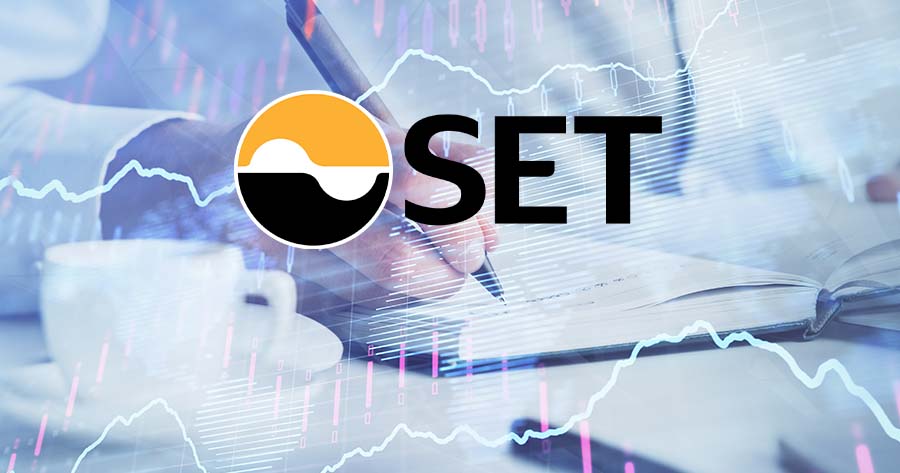1) Thai stock market overview
Thailand’s SET Index closed at 1,519.56 points, decreased 1.17 points or 0.08% with a trading value of 59 billion baht. The analyst stated that the Thai stock market bounced back to close almost flat in the afternoon session after the new PM election date as been set, which would result in further progress in forming the government.
2) Thailand’s central bank says interest rate is almost at a stable level
Thailand’s central bank on Wednesday is convinced that the country’s economy will continue to grow as the policy rate moves closer to a level consistent with long-term stability, buoyed by tourism and private consumption.
According to minutes from a monetary policy meeting held by the Bank of Thailand on August 2, members of the committee believe the economy will grow toward its potential level on the strength of tourism and private consumption, and that short-term declines in exports should be followed by growth as the global economy recovers.
However, it was anticipated that public consumption and investment would fall from the previous year as a result of the slowed budgeting process, before rising again in 2024.
The monetary policy committee unanimously voted on August 2 to raise its benchmark rates by 25 basis points, bringing an interest rate to 2.25%.
Some economists anticipate that the end of the tightening cycle will be signaled by the BOT’s next rate review on September 27. The benchmark interest rate has been increased by 175 basis points by the central bank since last August.
3) Thailand’s July industry mood falls to 10-month low as household spending remains weak
Thailand’s industry confidence index dropped to 92.3 points in July, the lowest in 10 months, as rising costs of living and political uncertainty continued to weigh on household spending, the Federation of Thai Industries (FTI) revealed on Wednesday.
The Federation of Thai Industries (FTI) said that there were a number of negative factors that contributed to the index falling from 94.1 in June to 92.3 last month, the lowest level since September 2022. This was due to an overall drop in sentiment across all sub-indices, including sales, orders, production output, costs, and financial health. Inflationary pressures and household debts, which dampen spending, as well as increasing interest rates and political uncertainty over new government formation, are examples.
The global demand slowdown and China’s struggling economic recovery were both external factors that contributed to a drop in the confidence index for Thailand’s manufacturing sector.
The FTI noted, however, that there is still backing from the tourism industry.
4) UK inflation in July cools down sharply to 6.8%
Inflation in the United Kingdom cooled down at a sharp rate in July, but core consumer price further caused the Bank of England to consider a tough decision.
Consumer price index rose to an annual 6.8% in July, according to the official data released on Wednesday. A drop in price was in line with the market forecast that saw inflation dropping to 6.8%. However, it was a sharp drop compared to 7.9% in June.
Still, core inflation, which excludes the volatile energy and food prices, maintained at 6.9%, unchanged from last month. This causes the Bank of England to make a tough decision as to end the cycle or continue raising rates.





